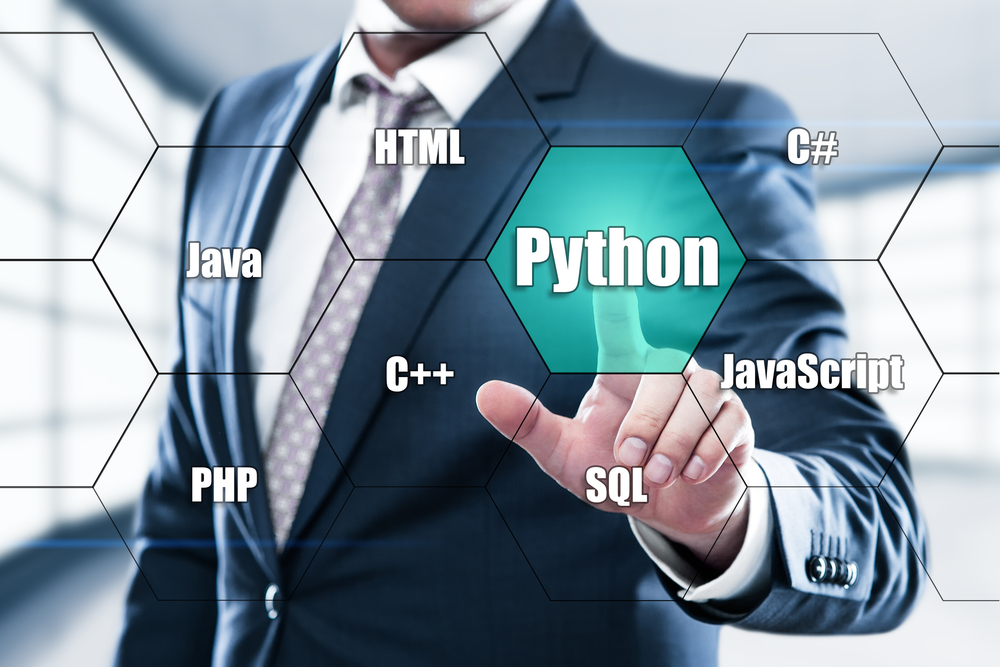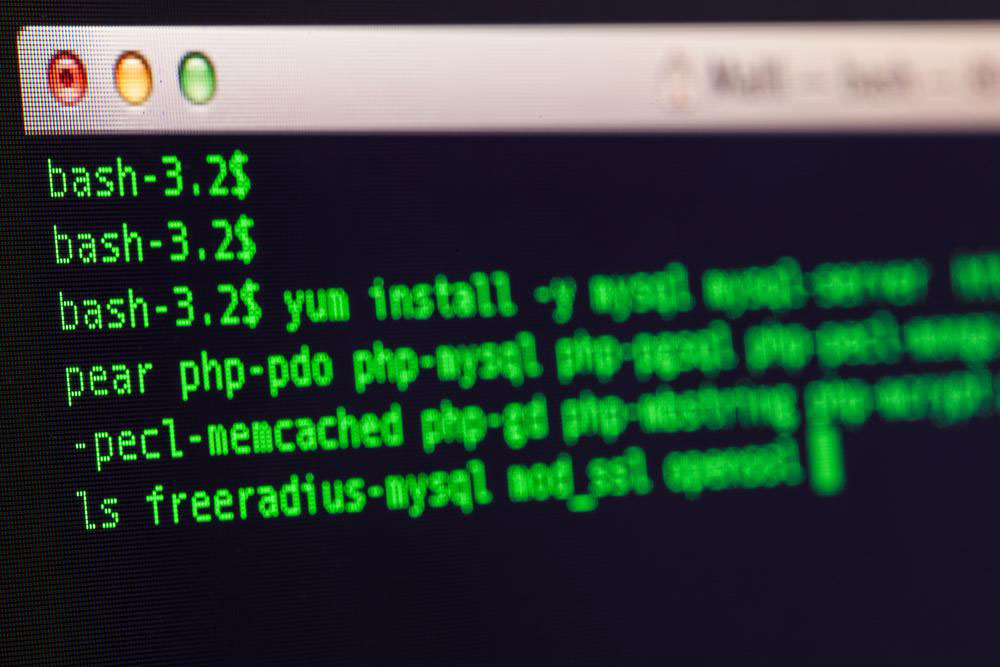Unlocking the Power of Python: The Ultimate Guide to Learning Programming for Developers
Discover the comprehensive benefits of learning Python programming. This guide explores its key features, applications, and how to start mastering this versatile language. Perfect for developers seeking to enhance their skills and career prospects in software development, data science, automation, and more. Unlock limitless opportunities with Python now!

Python has cemented its position as one of the most influential and versatile programming languages in the world of software development. Its elegant syntax, extensive library support, and wide-ranging applications make it a go-to choice for developers across various industries. Whether you're interested in web development, data science, automation, or scientific computing, mastering Python can open up immense career opportunities and streamline your workflow.
In this comprehensive guide, we will explore why Python stands out as a must-learn language for developers. We will delve into its core features, practical benefits, and how you can get started on your journey to becoming proficient in Python programming. This article aims to provide valuable insights to both beginners and experienced programmers looking to enhance their skillset with this powerful language.
Why Python Is a Vital Skill for Modern Developers
Python, an interpreted, object-oriented programming language, is revered for its simplicity and elegance. Created by Guido van Rossum in the late 1980s, Python was designed to promote readability and productivity. Its name, inspired by the comedy series "Monty Python's Flying Circus," reflects its friendly and approachable syntax that reduces the complexity traditionally associated with programming languages.
Python acts as a universal programming tool that supports web development, artificial intelligence, machine learning, data analysis, automation, network scripting, and more. Its flexibility and extensive community support have contributed significantly to its rapid adoption worldwide. Today, Python is utilized by tech giants like Google, Facebook, Instagram, NASA, and many startups, underscoring its importance in the tech ecosystem.
Core Features of Python That Make It Stand Out
Readable and Clear Code: Python emphasizes readability with its clean syntax, which resembles natural language. This reduces the learning curve for new programmers and makes maintenance easier for teams.
Rich Standard Library: Python comes with a comprehensive standard library that supports tasks such as file handling, web protocols, data serialization, and more. This saves developers time and effort in building functionalities from scratch.
Platform Independence: Python applications can run seamlessly on various operating systems including Windows, macOS, and Linux without requiring significant modifications.
Support for Interactive Programming: Python's interactive shell makes it easy to test snippets of code, debug, or perform quick calculations, enhancing productivity.
Extensibility and Integration: Python can be extended with C or C++ modules for performance optimization. It also integrates well with other languages and tools, making it adaptable for complex development environments.
Database Connectivity: With built-in support for database operations, Python facilitates the development of data-driven applications.
Graphical User Interface (GUI) Support: Frameworks like Tkinter, PyQt, and Kivy make it possible to develop cross-platform desktop applications with rich interfaces.
Scalability: Python's architecture supports large-scale application development, making it suitable for enterprise solutions and complex systems.
Why Should Developers Learn Python?
Powerful Data Processing Capabilities: Python excels at managing and analyzing large datasets. Utilizing tools like NumPy, pandas, and matplotlib, developers can perform complex data manipulation, statistical analysis, and visualization efficiently.
Fast and Efficient Execution: With ongoing developments such as the PyPy compiler, Python code can execute at speeds comparable to other high-performance languages. Techniques like just-in-time compilation and concurrency enhancements make Python more suitable for real-time applications.
Vast Application Spectrum: Python is employed in numerous domains—automating repetitive tasks, conducting unit tests, web scraping, creating games, or developing web applications. Frameworks like Django and Flask enable robust web solutions, while TensorFlow and PyTorch facilitate machine learning projects.
Ease of Learning: Python’s straightforward syntax means even beginners with minimal programming experience can start coding quickly. Its design philosophy promotes readability and simplicity, greatly reducing entry barriers.
Comprehensive Ecosystem: An active open-source community continuously contributes to Python’s growth through libraries, tutorials, and support forums. This ecosystem ensures that Python remains relevant and easy to learn, backed by abundant resources.
Real-World Applications and Use Cases
Python’s versatility is evident in the diverse sectors and projects it powers. For instance, in web development, frameworks like Django facilitate rapid development of secure and scalable websites. In data science, pandas and scikit-learn enable in-depth analysis and predictive modeling. Automation scripts written in Python help organizations improve efficiency by automating routine workflows.
In scientific research, Python is used for simulation, modeling, and visualization tasks. In gaming, it’s employed for scripting game logic and designing prototypes swiftly. Additionally, many IoT (Internet of Things) devices leverage Python because of its lightweight nature and ease of integration with sensors and hardware components.
Career Opportunities with Python Skills
Software Developer
Data Analyst
Data Scientist
Machine Learning Engineer
Web Developer
Automation Engineer
Research Scientist
Learning Python can significantly enhance your employability in tech-driven industries. The language’s demand continues to grow, and it remains a critical skill for many roles in software engineering, data analysis, AI, and more. Companies are constantly seeking professionals proficient in Python to innovate, optimize, and expand their technological capabilities.
Getting Started with Python: Tips for Beginners
Begin with the basics—understand syntax, data types, and control structures.
Practice coding daily to develop fluency and confidence.
Utilize online tutorials, courses, and books tailored for beginners.
Write small projects to apply what you learn, like simple calculators or web scrapers.
Join coding communities and forums such as Stack Overflow, Reddit, and GitHub for support and networking.
Debug your code patiently—learning to troubleshoot issues is essential.
Explore various Python libraries relevant to your interests or career goals.
Participate in coding challenges and hackathons to refine your skills under real-world scenarios.
Conclusion: Embrace Python for a Future-Ready Skillset
Python continues to be a highly sought-after programming language, thanks to its simplicity, powerful features, and broad application scope. Whether you're a novice or an experienced developer, investing time in mastering Python can unlock numerous opportunities and help you stay competitive in a rapidly evolving tech landscape. Its supportive community, extensive resources, and the ability to handle complex tasks make Python an invaluable addition to any developer’s toolkit. Embark on your Python journey today and harness the potential that this dynamic language offers.




